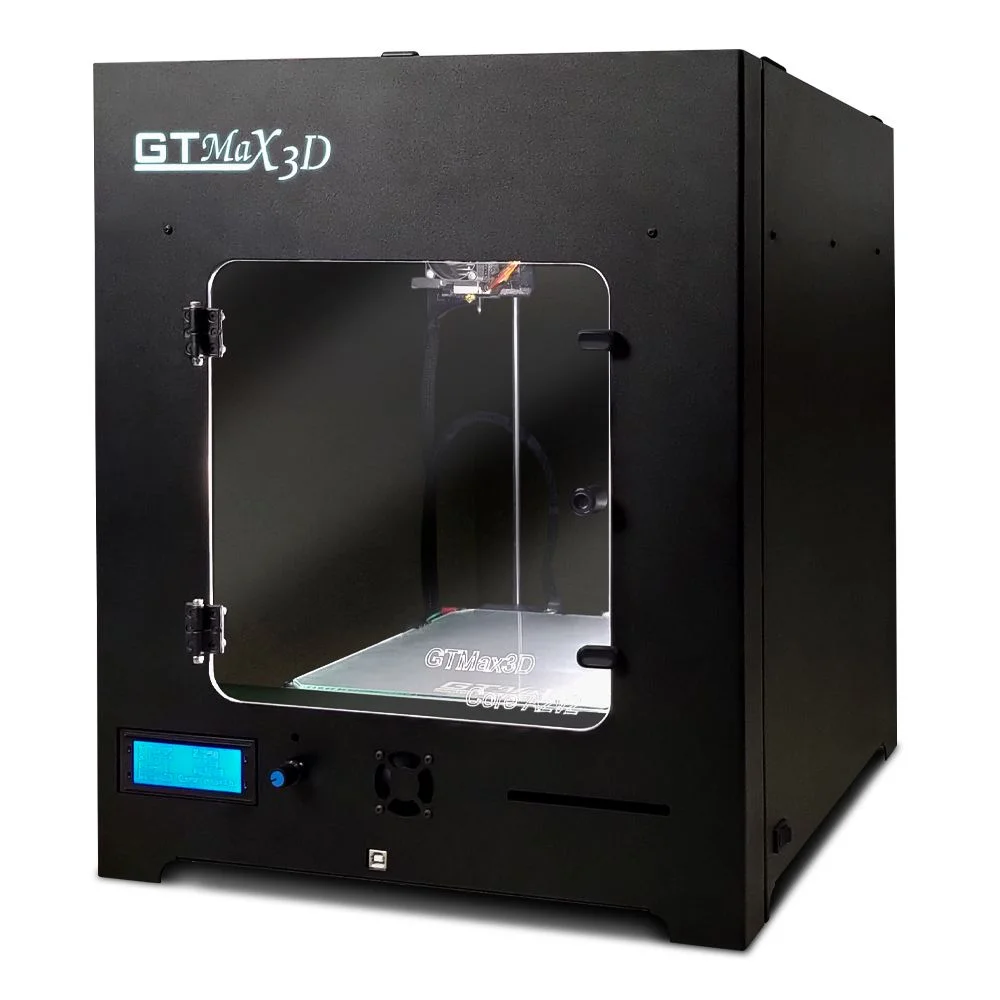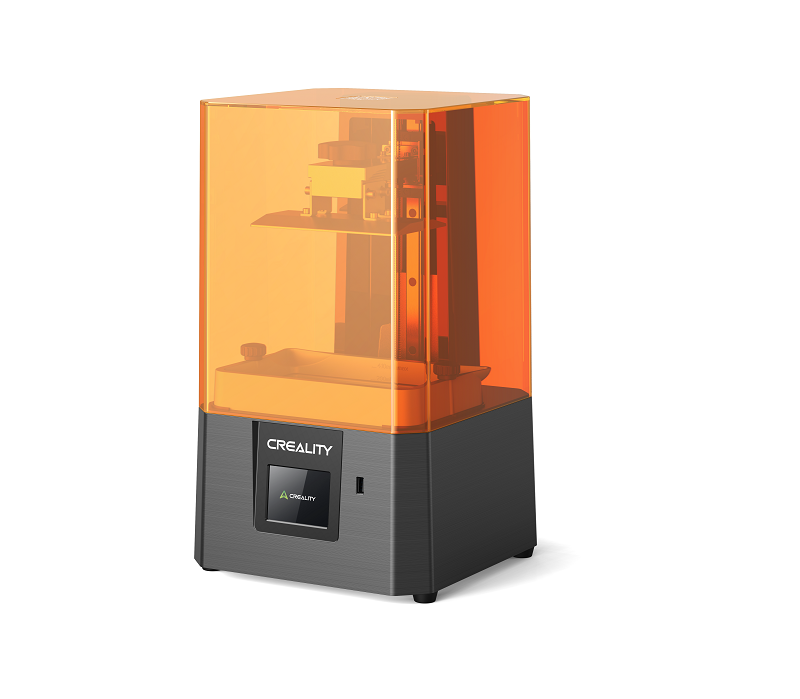Compare Core A2V2 vs Halot R6
Comparison between the best 3D printers
Choose the best 3D printer at the best price. The cheapest 3D printers are here.
Buy a 3D printer here with 3D Fila.
 |
 |
|
| Model | Core A2V2 |
Halot R6[BUY Halot R6] |
| Printing Material | Filament | Resin |
| Buy Filament for GTMax Core A2V2 | Buy Resin forCreality Halot R6 | |
| Estimated price | $684,00 | $129,00 |
| Manufacturer | GTMax | Creality |
| Release Year | 2019 | 2024 |
| Print Volume [mm] | 220x220x240 | 130x82x160 |
| Printer Size [mm] | 425x460x512 | 235x230x395 |
| Weight [kg] | 5,8 | |
| Power Loss Recovery | YES | NO |
| Maximum Resolution [mm] | 0,05 | 0,01 |
| Processor | ||
| Display | Mono | Touchscreen 2,8'' |
| Power Supply | 42W | |
| Connectivity | SD / USB | USB drive, WiFi |
| Operating systems | Windows, Mac, Linux | Windows, Mac |
| Date of registration in the system | 2022-11-12 | 2024-12-05 |
| Release date | 2019 | 2024 |
| Extra features | The GTMax3D ProCore A2v2 is a compact and robust 3D printer with a printing area of ??220 x 220 x 240 mm. It offers high print quality, ranging from 0.05 mm to 0.32 mm. Its features include automatic filament detection and changing, travel speed of up to 300 mm/s, and a heated aluminum bed with a glass top. It has automatic bed leveling with 16 points and an all-metal hotend that reaches up to 298°C. The printer has a carbon steel frame with electrostatic painting, is automatic bivolt and has connectivity via USB and SD card. The Bowden system and core xy kinematics complete its advanced features. | The Creality Halot R6 offers high precision with a layer height of 0.01-0.2 mm, a printing speed of 60 mm/h, and an integral light source with over 90% uniformity. Compact and lightweight, it features a 6.08" monochrome LCD for faster curing and extended durability. Includes Wi-Fi connectivity via Creality Cloud, an intuitive touchscreen interface, and supports remote monitoring and timelapse recording with a USB camera. Ideal for beginners, its robust and user-friendly. |
| Support for multiple colors and materials (AMS and CFS) | NO | NO |
Notes * |
||
| Cost-benefit | 6 / 10 | 9 / 10 |
| Hardware | 2.5 / 10 | 8 / 10 |
| Tela | . | . |
| Print volume | 3 / 10 | 3 / 10 |
| Performance | 1 / 10 | 9 / 10 |
| [BUY Halot R6] |
Conclusion |
| In comparing the Core A2V2 and the Halot R6 3D printers, several key factors emerge that can help prospective buyers make an informed decision. The Core A2V2, priced higher, offers a larger print volume and advanced features such as automatic filament detection, higher maximum temperature capabilities, and power loss recovery. These aspects point to its suitability for users who may require extensive printing area and robust performance for complex projects. Its all-metal hotend, and various connectivity options also cater to more experienced users who may appreciate the versatility and control over their printing processes. On the other hand, the Halot R6, with its significantly lower price, presents itself as an ideal option for beginners or those looking for a cost-effective yet quality 3D printing solution. Its high precision and ease of use, coupled with intuitive Wi-Fi connectivity and remote monitoring, make it a compelling choice for users who prioritize simplicity and user-friendliness over extensive features. Additionally, the Halot R6's faster layer curing time due to its monochrome LCD allows for quicker workflow, especially beneficial for those producing smaller prints. Ultimately, the decision between the two printers hinges on user requirements and budget. If a larger volume and advanced functions are paramount, the Core A2V2 is a solid investment. However, for those seeking a budget-friendly, beginner-friendly option with excellent performance, the Halot R6 stands out as the better choice. In terms of cost-benefit analysis, the Halot R6 clearly excels, making it the preferable printer for most casual or introductory users in the 3D printing space. |

